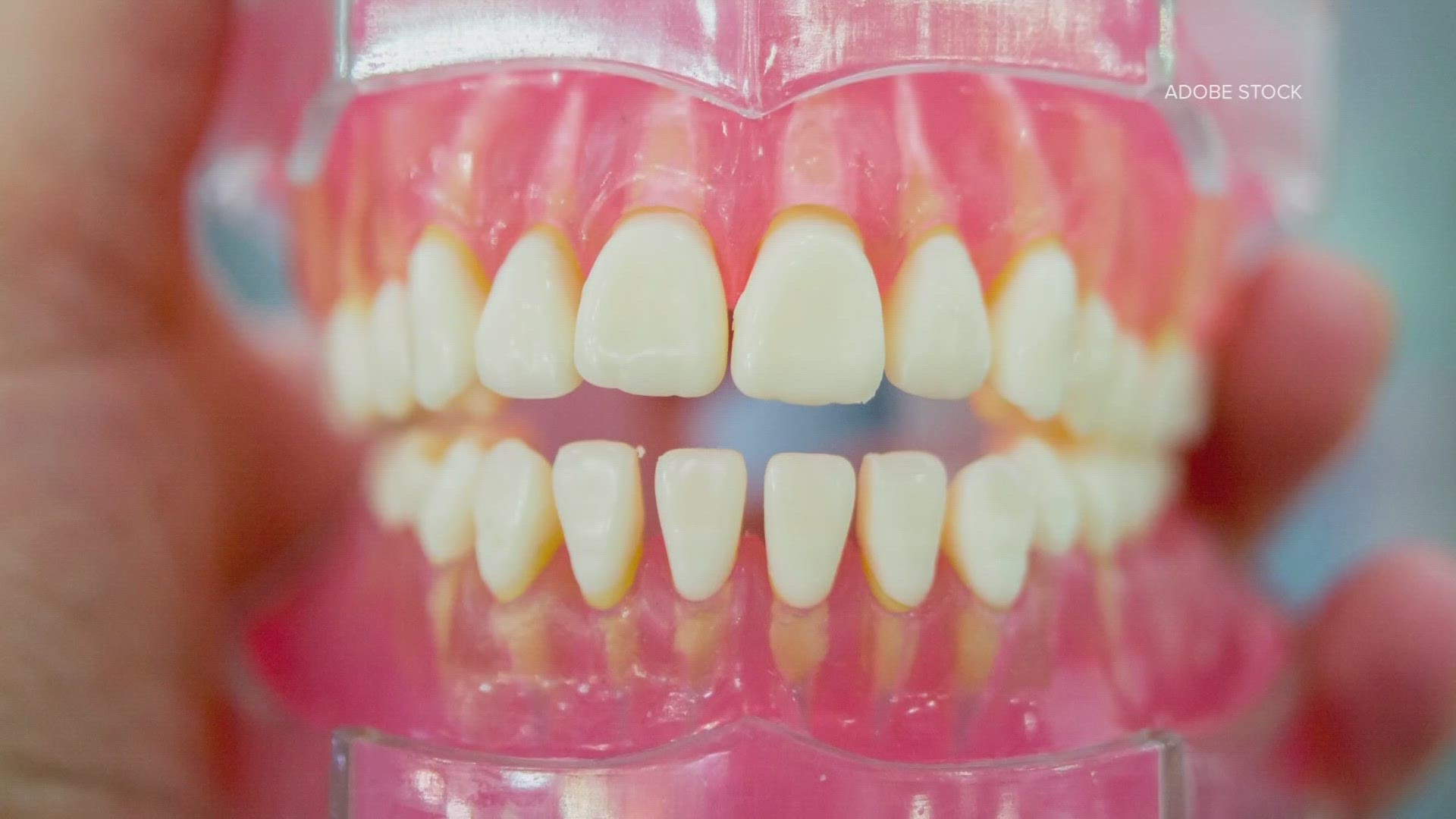SEATTLE — Scientists at the University of Washington are taking stem cell research to a new level. They're working to regenerate something people often take for granted: our teeth.
A multidisciplinary group of researchers from UW have unlocked the first steps toward regenerating teeth.
Researchers are sharing their findings at the lab affiliated with UW Medicine's Institute for Stem Cell and Regenerative Medicine.
What appeared to be just a dark blob under a microscope, has the potential to restore human teeth, according to their research. Known as "organoids," they are the 3D, cellular forms that mimic the organs in our body, including teeth.
Researchers have found a way to coax stem cell-induced organoids to produce ameloblasts — the cells that build tooth enamel. Their findings were published in the journal, Developmental Cell, in August.
"By using human, embryonic stem cells, or induced stem cells, coach these cells to become mini small organs that can behave like our organs in our body," said Dr. Hannele Ruohola-Baker, the senior scientist in the research and a professor of biochemistry and associate director of the UW Medicine Institute for Stem Cell and Regenerative Medicine.
With these findings, Ruohola-Baker envisions not just enamel restoration, but re-growing entire teeth, similar to how sharks do.
"And they regenerate their teeth continuously while us, once the enamel, the outermost, the strongest material in our body is gone, it's gone!" Ruohola-Baker said.
It turns out, humans only make tooth enamel once in our lives.
"We're born with a fixed amount of enamel to produce," said Dr. Thomas Dodson, who chairs the Oral and Maxillofacial Surgery Department at the UW School of Dentistry.
Dodson says Ruohola-Baker's findings are revolutionary, considering existing dental restoration is limited to fillings, crowns, implants, or dentures.
"The materials we use work very very well, but they're not enamel," Dodson said.
Among the researchers from the UW School of Dentistry is professor of restorative dentistry Dr. Hai Zhang, who co-authored the paper laying out their research.
"This is a critical first step to our long-term goal to develop stem cell-based treatments to repair damaged teeth and regenerate those that are lost," Zhang said in a UW Medicine news release.
Dodson emphasized the value of being able to restore natural teeth.
"One of my professors was fond of saying, dentures aren't replacements for teeth. They're replacements for no teeth. And they really just don't function nearly as well as your own natural dentition," Dodson said.
With Ruohola-Baker's stem cell findings, dentures may eventually become a thing of the past. In the future, she sees what she calls, "living fillings."
"So using these organoids and using them to make the rest of the tooth's structure that are missing because of cavities, because of injuries, because of genetic diseases," Ruohola-Baker said.

